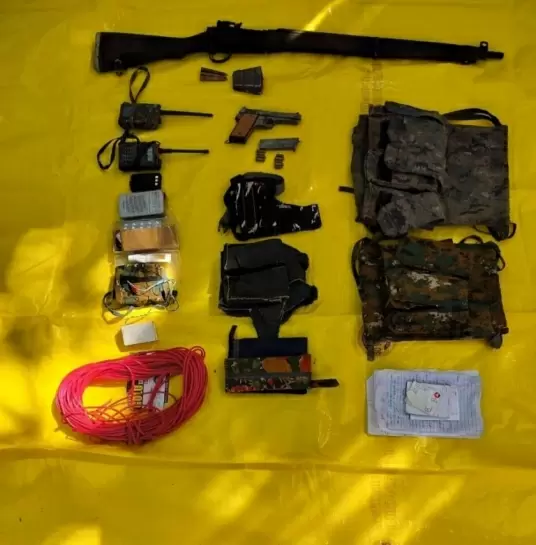IIT Hyderabad calls for adopting 'bag valve mask' as alternative to ventilators
30-March-2020
The Indian Institute of Technology Hyderabad (IIT-H) on Monday asked the central government to consider adopting 'bag valve mask' as an alternative to meet surge in demand for ventilators, both in India and other countries, to treat COVID-19 patients.
While the conventional ventilators are expensive, hard to produce, and not portable, Professor B.S. Murty, Director, IIT Hyderabad highlighted that 'bag valve masks' are small devices, which are used to deliver breathing support in emergency situations that are inexpensive, easy to produce, and portable - which therefore have every quality that is required in this crisis.
They are the most common of these devices is the bag valve mask, often called by the proprietary name of 'Ambu Bag,' that is used for resuscitation in emergency situations.
"Our estimate of the cost is that it can be manufactured for less than Rs 5,000, or one-hundredth the cost of a conventional machine. The cost of manufacturing six million of these devices will be probably less than that of the inadequate number of 60,000 conventional machines mentioned above," said Murty and Professor V Eswaran, Department of Mechanical and Aerospace Engineering, IIT Hyderabad.
"The cost is so low that it can be considered a single-use device that will be given over to a single patient, and never used again. It needs to be manufactured, however, on an industrial scale, in millions, within a short time of a few months," the professors said.
The professors noted that while 'bag valve mask' are currently hand-powered and therefore not suitable for continuous use as a ventilator, it would be easy to design a similar device powered by an electrical source, which could be a car battery, apart from the conventional power supply.
It could be made portable, and therefore adopted in villages and other areas without a power supply and be inexpensive enough to manufacture in bulk.
It is estimated that there are around 40,000 ventilators in India at present, mostly in the private hospitals, they said.
The professors said that assuming a low six per cent infection rate, in case COVID-19 advancement in India continues, in the Indian population of 1.3 billion, that would mean that around 80 million people would get affected.
Of these 80 million, at least five per cent (4 million patients) would require ventilators. Each of these five million patients would need ventilators for around 21 days, thereby blocking that machine for at least that amount of time.
Further, the machines are not portable and are found only in high-end hospitals in large cities, so patients from villages would need to be transported to these cities.
"We cannot depend on the conventional ventilators for a solution to this crisis," the professors said.-IANS
Rajinikanth Turns 75: Anil Kapoor, Kajol Lead Heartfelt Birthday Tributes
Conspiracy Underway To Remove Nitish Kumar, Claims Mukesh Sahani
‘Something Wrong’: SC Questions Madras HC’s Handling of Karur Stampede Case
Sir In Bengal: Eci Identifies 58 Lakh Excludable Voters After Enumeration Phase Ends
Shivakumar Defends Hate Speech Bill, Accuses BJP Of Spreading Division, Hatred Among People









